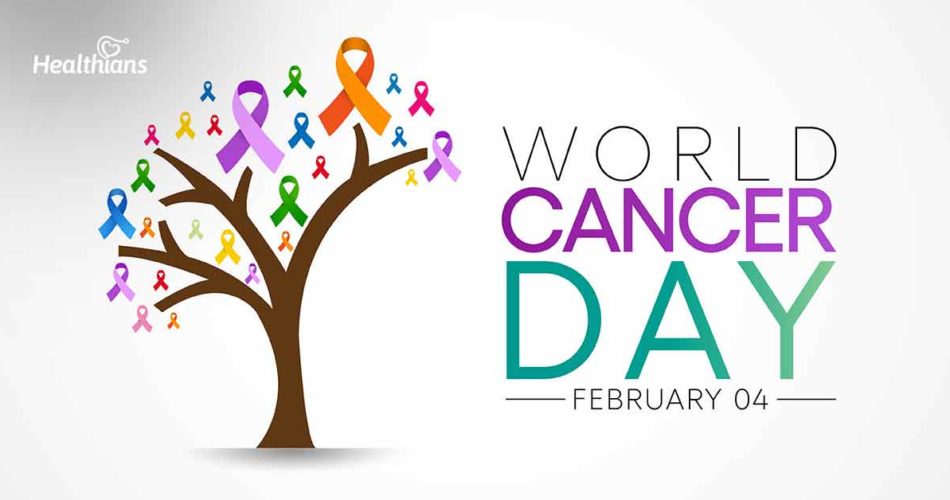Introduction
Concerned about cancer prevention? You can do a lot to protect yourself and those close to you.
Take charge by developing healthy habits that empower you to prevent and markedly reduced the risk of developing cancers.
Findings from observational studies provide much evidence for a link between healthy lifestyle practices and a lower risk of cancer.
This article discusses some things you can do that make getting cancer less likely. Here are ten proven, effective strategies that can help you reduce your risk of cancer.
Do not smoke or use tobacco products
Every puff of tobacco contains 250 poisonous compounds. Nearly 70 of them are carcinogenic.
These get into our bloodstream and cause damage around the body.
The use of tobacco products has been linked to many types of cancer — including cancer of the lungs, stomach, bladder kidney, mouth cancer, and throat. Remember, avoiding tobacco — or deciding to quit using it — is an important part of cancer prevention.
Get regular cancer screenings
Regular self-exams and screening tests for various types of cancers — such as cancer of the colon, prostate, skin, cervix and breast — can increase your chances of discovering cancer early.
These tests aim to find cancer before it causes symptoms. Even if you haven’t seen any symptoms yet, detecting cancer early dramatically improves your chances of being treated and even cured.
Several cancer screening tests like clinical examination, blood testing, imaging and X-rays, and genetic studies are recommended by experts.
Keep your alcohol consumption to a minimum
There is increasing evidence that the use of alcoholic beverages can increase your risk of cancer of the mouth, throat, oesophagus, larynx, liver, and breast.
Alcohol users are six times more likely than non-drinkers to develop oral cancer.
For men, this implies no more than two drinks per day, and for women, no more than one drink per day.
The more you drink, the higher your cancer odds.
Engage in physical activity
A growing body of epidemiological evidence indicates that active people who engage in moderate to vigorous exercise have a decreased risk of cancer than people who do not exercise.
Observational studies recommend doing at least 30 minutes of physical activity each day to lower cancer risk.
However to reap the benefits of exercise, you don’t have to undertake vigorous exercise regimes – things like brisk walking, biking, dancing, or any other activity that combines strength, balance and flexibility are sufficient.
Maintain a healthy weight range
Sedentary behaviour — sitting, reclining, or lying down for extended periods of time — is a risk factor for developing many chronic conditions and may also be associated with an increased risk for certain cancers.
Maintaining a healthy weight can reduce your risk of cancer as well as reduce your risk for cancer coming back after treatment.
Too much extra weight raises your risk of certain types of cancer, including endometrial, gall bladder, oesophagal, renal, thyroid, and colon cancers.
Try to stay within five to ten pounds of your starting weight.
Avoid hormone replacement treatment for menopause symptoms
In the largest clinical trial to date, it was observed that hormone replacement therapy to manage menopausal hot flashes of menopause increased the risk of uterine cancer.
Long-term use of hormone therapy may cause serious health concerns for women, including a higher risk of endometrial cancer (cancer in the lining of the uterus).
Consider avoiding processed foods
Think twice before you toss some processed meat on the grill.
Processed meats, such as hot dogs, bacon, and sausage, contain compounds called nitrites and nitrates, which have been linked to cancer in test subject animals.
Furthermore, evidence suggests that consuming too much red meat, such as steak and burgers, may increase the risk of colorectal cancer in the long run. Choose chicken breast or fish as safer choices for your backyard BBQ.
Stay away from cancer-causing chemicals
Cancer is known to be caused by radiation of certain wavelengths, called ionizing radiation.
According to the American Cancer Society, ionising radiation such as gamma rays, high-energy UV rays, and X-rays has enough energy to damage DNA and cause cancer.
Medical procedures like chest x-rays, computed tomography (CT) scans, positron emission tomography (PET) scans, and radiation therapy have the potential to damage cells and cause cancer.
Eat a low-carbohydrate, low-fat diet
Making smart choices at the grocery store and during meals may not guarantee cancer prevention, but it may certainly lower your risk.
Research suggests that an organic, plant-based, antioxidant-rich, anti-inflammatory whole foods diet is linked to a lower risk of several malignancies, particularly colon cancer.
Most nutritionists recommend avoiding processed meats like sausages and bologna, eating at least five servings of non-starchy vegetables and fruits each day, and avoiding sugary drinks, juices, desserts and candies, refined bread and bagels, and chips.
Make sleep a priority
There isn’t a lot of evidence associating long-term sleep disruptions to cancer.
However, these studies suggest that a consistent, sustainable sleep pattern is critical for staying at peak physical health.
An irregular sleep pattern impacts the body’s “biological clock,” which controls sleep and thousands of other functions, significantly increasing cancer risk.
Final thoughts
You cannot control everything life throws your way. But, it’s a refreshing thing to realize that you do have control over some essential tools for navigating a healthier life.
Once you become mindful of small lifestyle modifications that are 100 per cent yours to manage and master, you can well prevent the onset of cancer.




